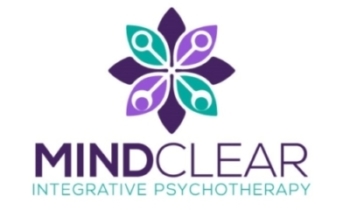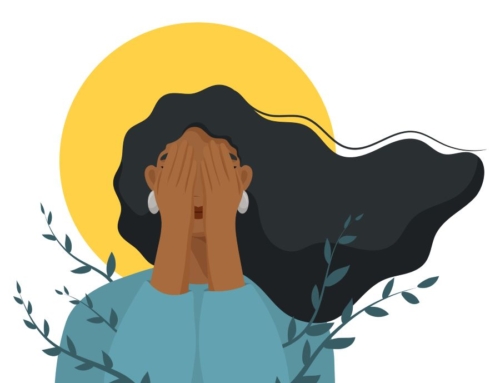Authoritarianism and the harm to mental health

Photo by Jusdevoyage on Unsplash
Authoritarianism has been shown time and again through research across disciplines to be detrimental to overall well-being. It is the antithesis of a just and free society. And, when authoritarians rule our lives, whether it be through politics, the church, in marriage, or as parents, we will either learn to conform or our mental health will begin to decline.
Authoritarianism can be defined as a sort of absolute submission to authority. There is no freedom to question or compromise, and there is little to no regard for accepting differences. Obedience is a prime virtue. People who are prone towards behaving or submitting to authoritarian rule tend to be those who have rigid beliefs regarding personal freedoms and civil liberties, believe in surveillance and extreme forms of control, and advocate for detaining or even punishing people who seek help or show signs of “weakness.” Violence and domination are seen as virtuous ideals of strength and power.
This can feel safe in some ways. There is an illusion of control. The anxiety of the unknown or the ambiguity of figuring things out for yourself cease to exist. There is little conflict due to oppressive demands for conformity. At the same time, when there is conflict, there is a certain self-righteousness in the fight because the authoritarian is usually certain of their own moral high ground.
Authoritarians also tend to be driven by anger, hatred, and a need to punish. They connect with others who also tend to be filled with anger and hatred. Despite their penchant for rigid rules and punishment, their rules are ever-changing and often more about suiting the authoritarian’s ego than a greater moral ideal.
They don’t really care about rules so much as finding an excuse to unleash their rage. They need you to be afraid. Fear in others gives them a sense of power and control. It also allows them to displace their own fears and insecurities onto others.
This is why being in close contact or under the control of such an individual can be so harmful. You are meant to be afraid. All the time. You are also always meant to be inferior, as they need to feel superior so as not be faced with their deep-seated insecurity.
While we may live within a republic, pseudo-democratic government, are society is quite authoritarian. We have one of the most punitive criminal systems in the world. We detain and often punish asylum seekers, we judge anyone from the “other side,” and fear is at the root of so many of our decisions. Our education, medical, mental health, police, and government systems are designed to indoctrinate and reinforce values of conformity. There is no room for debate, disagreement, or dissent.
Most people who actively oppose authoritarianism will be derided as mentally ill and/or criminal. At the very least, they tend to be ostracized as a trouble-maker. Oppositional. Or just plain evil.
It may not come as a surprise, then, that the United States has some of the highest rates of mental illness and substance use in the world, with the greatest risk of drug-related deaths. It is well-known that we have the highest rates of incarceration of any other country. At the same time, we have some of the lowest rates of happiness and contentment.
Authoritarianism tends to result in depression, anxiety, low-self esteem, difficulty regulating emotions, behavior problems, chronic shame and guilt, bullying and being bullied, difficulty with boundaries and compromise, and a general sense of helplessness. This is especially true when the person tends to be less submissive, less conforming, and harbors differing perspectives than the authority figure in one’s life.
Self-blame, lack of empathy, suppression, shame, and fear tend to be the central emotional experience of victims of authoritarianism. As the self-blame begins to be projected and externalized, often a new authoritarian is made.
The prolonged stress of living under an authoritarian’s rule can lead to a traumatic response in the body, eventually resulting in disease, dysfunction, and chronic fear/panic. As your body and mind begin to break down, you may believe yourself to be “weak”, “a crybaby”, or losing a “war.” This is nothing but internalized oppression. It is the cycle of authoritarianism being repeated within you.
Healing takes more than just distancing yourself from the authoritarian figure in your life. It takes looking within and challenging the fears, rigidity, prejudices, and hatred that has inevitably been internalized. Tolerance for debate and conflict needs to be acquired, within reason of course. A nurturing and empathic voice needs to replace the words of anger and oppression, both internally and externally. Body-centered treatments sometimes are required to counteract the prolonged and chronic stress response so many have grown used to.
In the end, the more understanding, truly free, tolerant, patient, kind, and forgiving we can learn to be, the happier we all will find ourselves.









